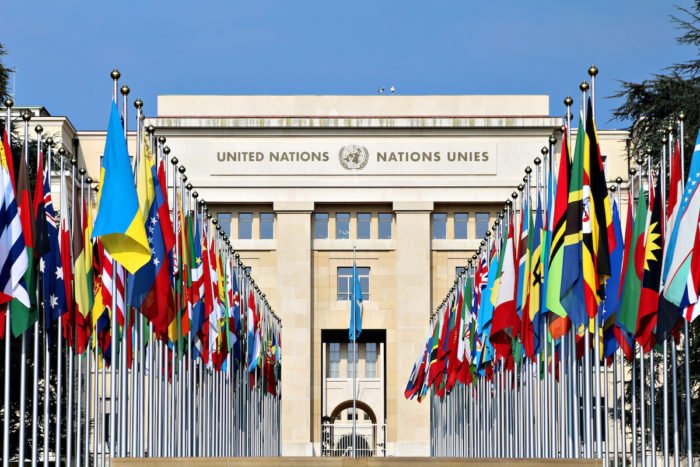Turkey’s private FOX TV anchor Fatih Portakal testified to a prosecutor in Istanbul after an investigation was launched to determine whether he had insulted President Recep Tayyip Erdoğan through his tweets.
In his testimony on Thursday, Portakal said he “had no intention of insulting Erdoğan and only exercised his right to freedom of expression,” according to local media reports.
Portakal’s two tweets in January referred to actor-director Barış Atay’s theater play titled “Sadece Diktatör” (Only a Dictator), which was banned by Turkish authorities. Portakal had criticized the ban in his tweets, asking, “Why does a theater play scare officials?”
Also on Thursday, Turkish police detained a man after a passerby said he had overheard him insulting President Erdoğan while talking on the phone, according to a report by the Turkish-Armenian Agos newspaper.
It said a passerby reported Sayat Morboyacı, an ethnic Armenian Turkish citizen, to the police accusing him of insulting President Erdoğan. Police immediately took Morboyacı into custody after the person’s testimony. In a message Morboyacı sent to his family and lawyer, he said the anonymous testimony was slander and did not reflect the truth.
Thousands have been prosecuted for insulting the president, including journalists, authors, politicians, a famous football player and even high school students. The charge carries a sentence of up to four years in prison.
Hundreds of people in Turkey, even including high school students, face charges of insulting President Erdoğan. The slightest criticism is considered an insult, and there has been a rise in the number of cases in which people inform on others claiming that they insulted the president, the government or government officials.
Moreover, according to a report by Turkey’s state-run Anadolu news agency on July 21, police teams under the command of the cybercrime unit determined the existence of 126,000 social media accounts related to alleged terrorist organizations in the last two years.
The report said about 50,000 out of 68,000 profiled social media accounts that allegedly posted pro-coup messages in the wake of a coup bid in July 2016 belong to alleged members of the Gülen movement.
According to the report, 17,000 of the social media accounts are allegedly linked to the outlawed Kurdistan Workers’ Party (PKK), while a thousand of them are said to be connected to the Islamic State in Iraq and the Levant (ISIL).
It was also claimed that 60 percent of social media posts believed to be supportive of “terrorist organizations” have been made by alleged members of the Gülen movement. The Turkish government led by President Erdoğan has labeled the pacifist Gülen movement as a “terrorist organization,” calling it “FETÖ.”
Turkey is ranked 157th among 180 countries in the 2018 World Press Freedom Index released by Reporters Without Borders (RSF). If Turkey falls two more places, it will make it to the list of countries on the blacklist, which have the poorest record in press freedom.
Turkey is the biggest jailer of journalists in the world. The most recent figures documented by SCF show that 236 journalists and media workers were in jail as of Sept. 13, 2018, most in pretrial detention. Of those in prison 168 were under arrest pending trial while only 68 journalists have been convicted and are serving their time. Detention warrants are outstanding for 147 journalists who are living in exile or remain at large in Turkey.
Detaining tens of thousands of people over alleged links to the Gülen movement, the government also closed down some 200 media outlets, including Kurdish news agencies and newspapers, after the coup attempt in Turkey on July 15, 2016.















